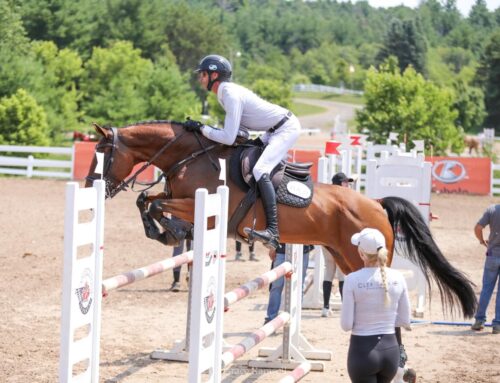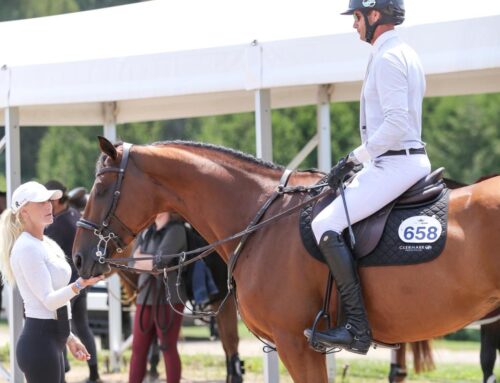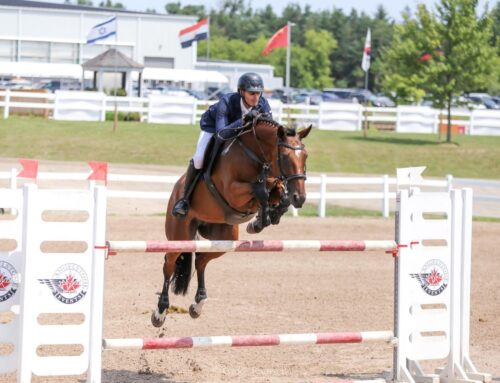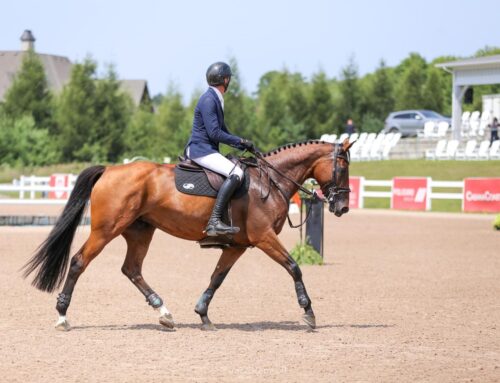International young horses training and sales is a critical component in their development. As the equine industry grows increasingly global, trainers and breeders are recognizing the advantages of introducing young horses to diverse environments, training methods, and competitive scenes.
Enhancing Adaptability and Resilience
Young horses exposed to international settings become more adaptable and resilient. Traveling to different countries means encountering varied climates, terrains, and stabling conditions. These experiences teach horses to handle changes in their environment without stress. They learn to maintain their performance levels despite unfamiliar surroundings. This adaptability is crucial for horses that will compete or be sold in international markets.
Broadening Training Techniques
Training techniques can vary significantly from one country to another. By exposing young horses to international trainers, they benefit from a broad range of methods and philosophies. This diversity in training can enhance a horse’s skill set and performance. Trainers from different regions may focus on unique aspects of riding, handling, and care. As a result, young horses receive a more comprehensive education, making them more versatile and well-rounded athletes.
Improving Behavioral Traits
International exposure can positively impact a young horse’s behavior. Horses that travel and compete abroad often exhibit better manners and improved behavior. They learn to stay calm and focused in various scenarios, from bustling airports to crowded showgrounds. This experience helps them develop a more relaxed demeanor, which is beneficial for both performance and daily handling.
Building Competitive Edge
Competing internationally gives young horses a competitive edge. They gain experience in different competition formats and are exposed to a higher level of competition. This exposure helps them develop the mental fortitude needed to perform under pressure. Horses that compete internationally often show greater poise and confidence. These traits are highly valued in the competitive equine industry.
Expanding Socialization
Socialization is another key benefit of international exposure. Young horses meet and interact with other horses from various backgrounds. This interaction helps them become more social and less aggressive. They learn to adapt to different herds and social structures. This skill is essential for horses that will be stabled or paddocked with others in the future.
Enhancing Physical Conditioning
Travel and competition require young horses to be in peak physical condition. The demands of international travel and competing in various climates and altitudes can enhance their physical conditioning. Horses that train and compete internationally develop better stamina, strength, and overall fitness. This conditioning is beneficial for their long-term health and performance.
Cultivating a Robust Immune System
Exposure to different environments can help strengthen a young horse’s immune system. Traveling internationally exposes them to various pathogens and allergens. This exposure can help their immune system become more robust and resilient. A strong immune system is crucial for maintaining a horse’s health and performance over its lifetime.
Reach out to us for the best international jumper trainer in Florida!




